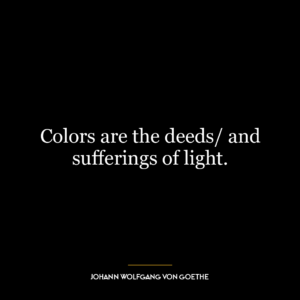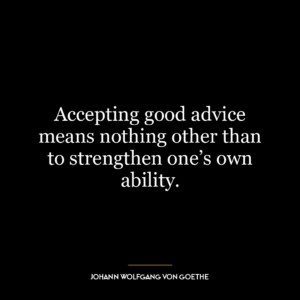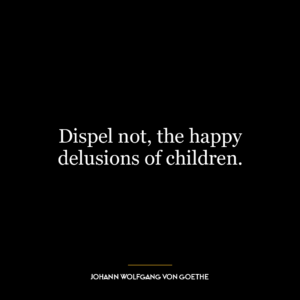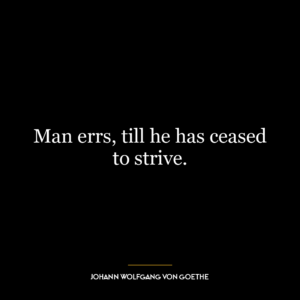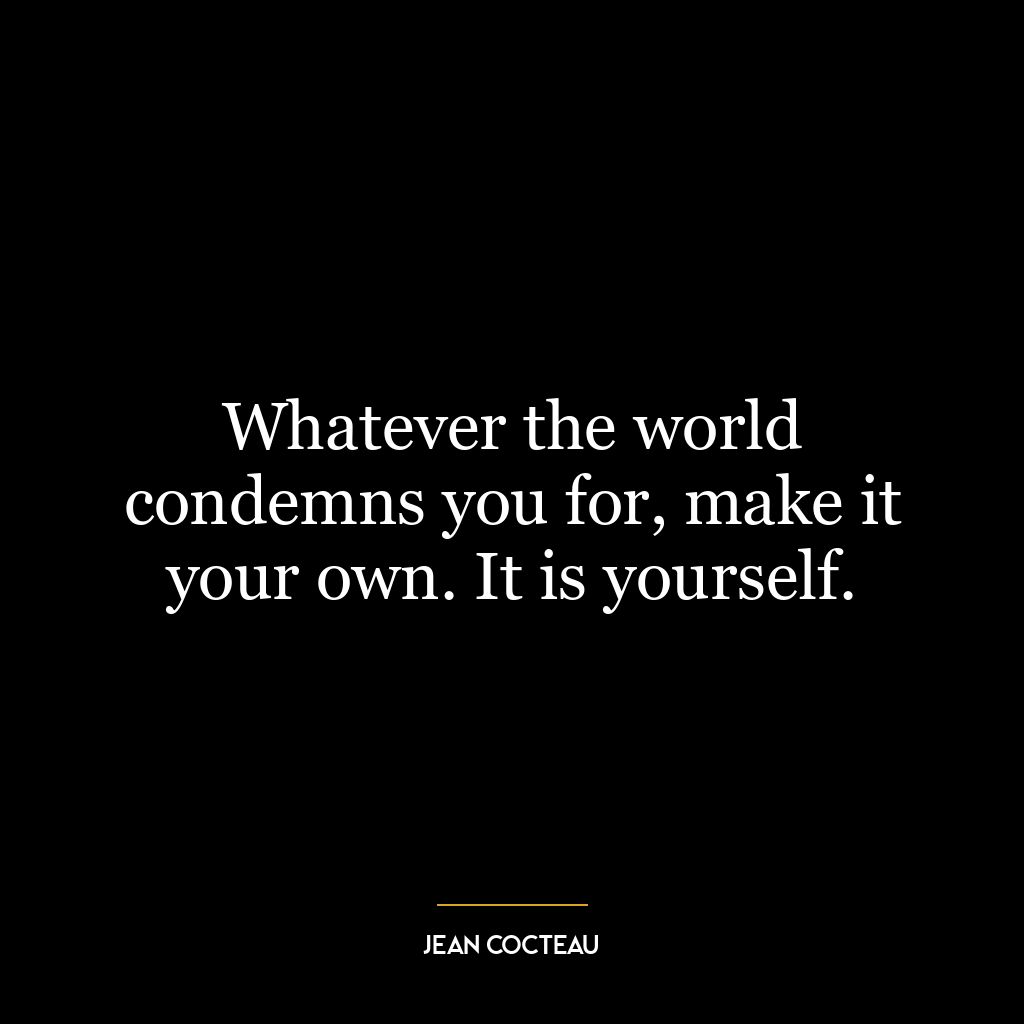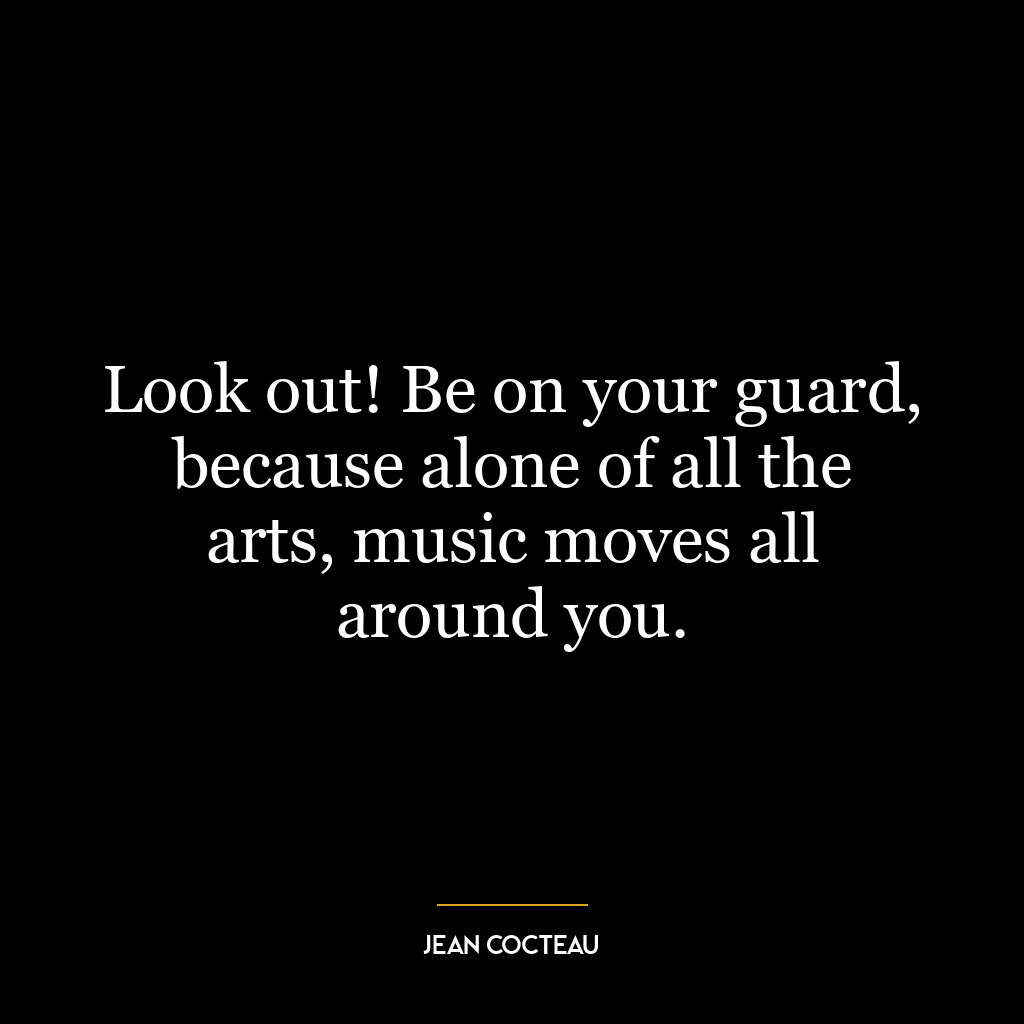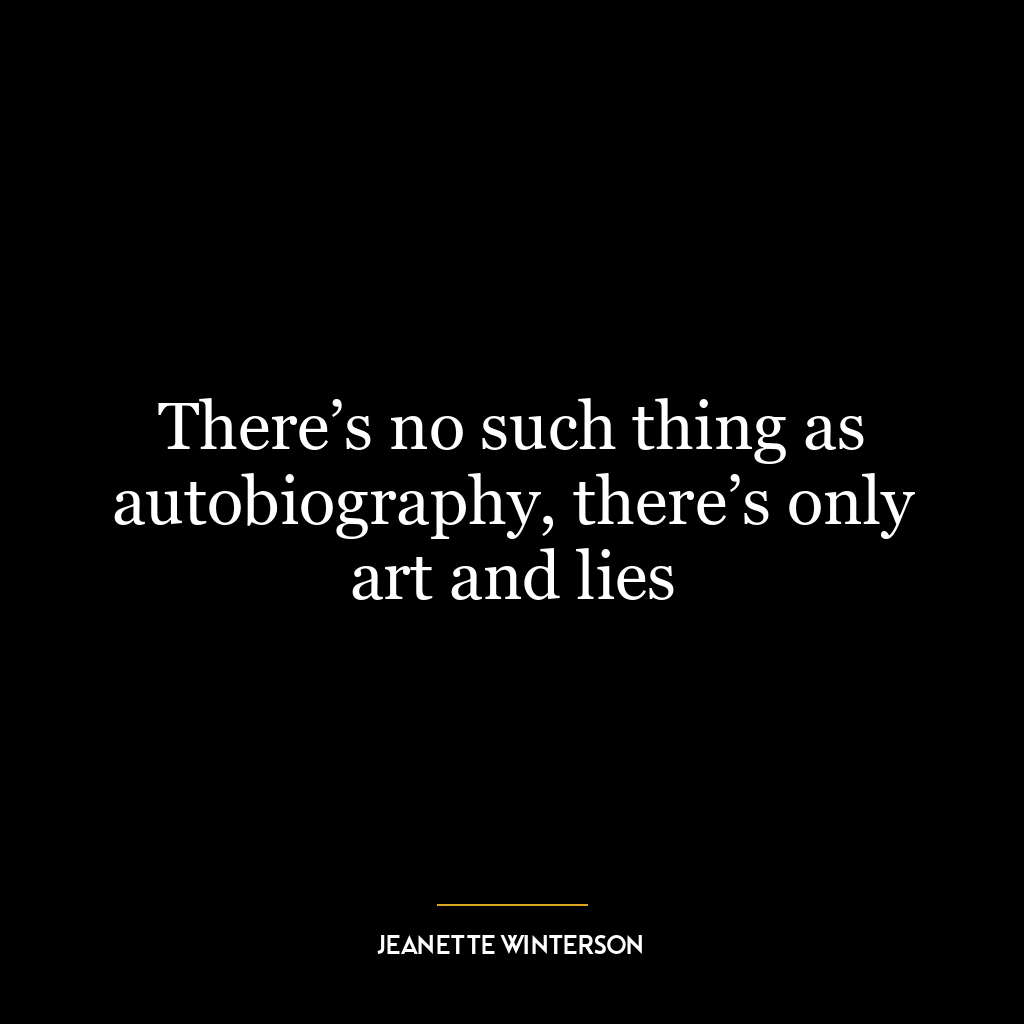“We are our own aptest deceiver” is a profound statement that suggests we are often the most skilled at deceiving ourselves. This means that we have a tendency to believe our own lies, misconceptions, or distorted perceptions about ourselves, others, and the world around us. This could be due to various reasons such as fear, denial, or self-protection.
For instance, someone might convince themselves that they are happy in a job that they dislike because acknowledging the truth might mean they have to take the uncomfortable step of changing careers. Or someone might convince themselves that they are not good enough to achieve a certain goal because it’s easier to believe that than to face the possibility of failure.
This quote is a reminder of the importance of self-awareness, honesty, and introspection. It urges us to challenge our own beliefs and perceptions, to question if they are based on truth or if they are simply convenient deceptions that we use to avoid discomfort or change.
In today’s world, this idea is particularly relevant. With the rise of social media, it’s easy to create a false image of ourselves and our lives, which we might start to believe if we’re not careful. It’s also common to fall into the trap of self-deception in our personal and professional lives, avoiding difficult truths and convincing ourselves of realities that don’t exist.
In terms of personal development, understanding this concept can be transformative. Recognizing that we are our own best deceivers can encourage us to question our own narratives and beliefs, and to seek truth even when it’s uncomfortable. It can push us to step out of our comfort zones, challenge our self-imposed limitations, and pursue growth and development with honesty and courage.



